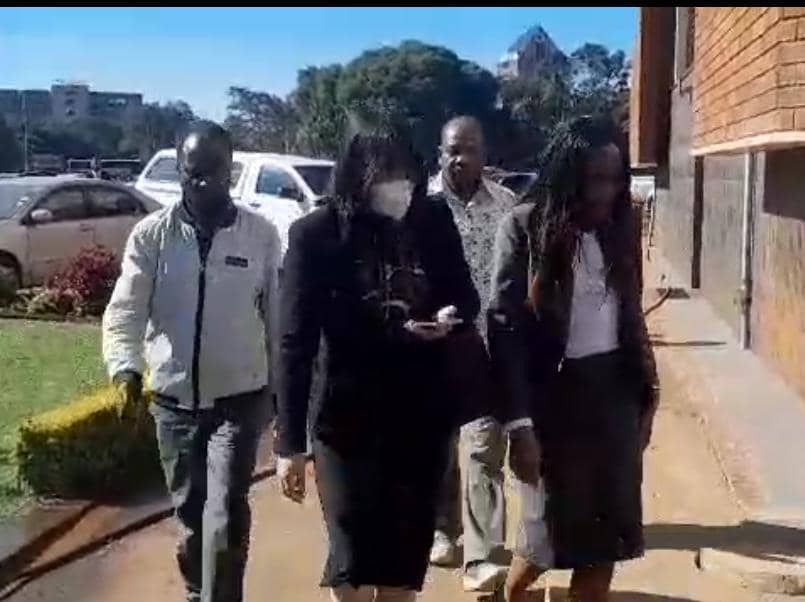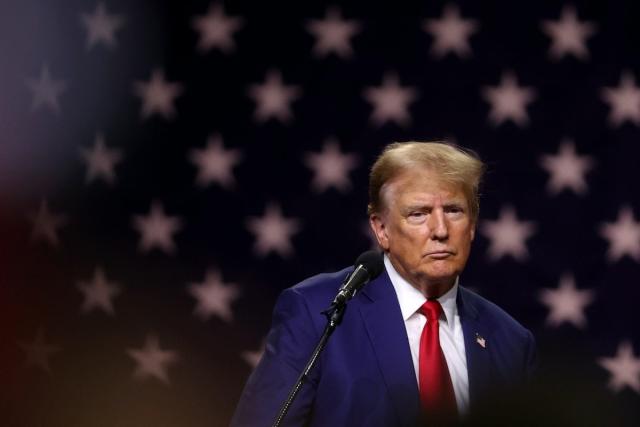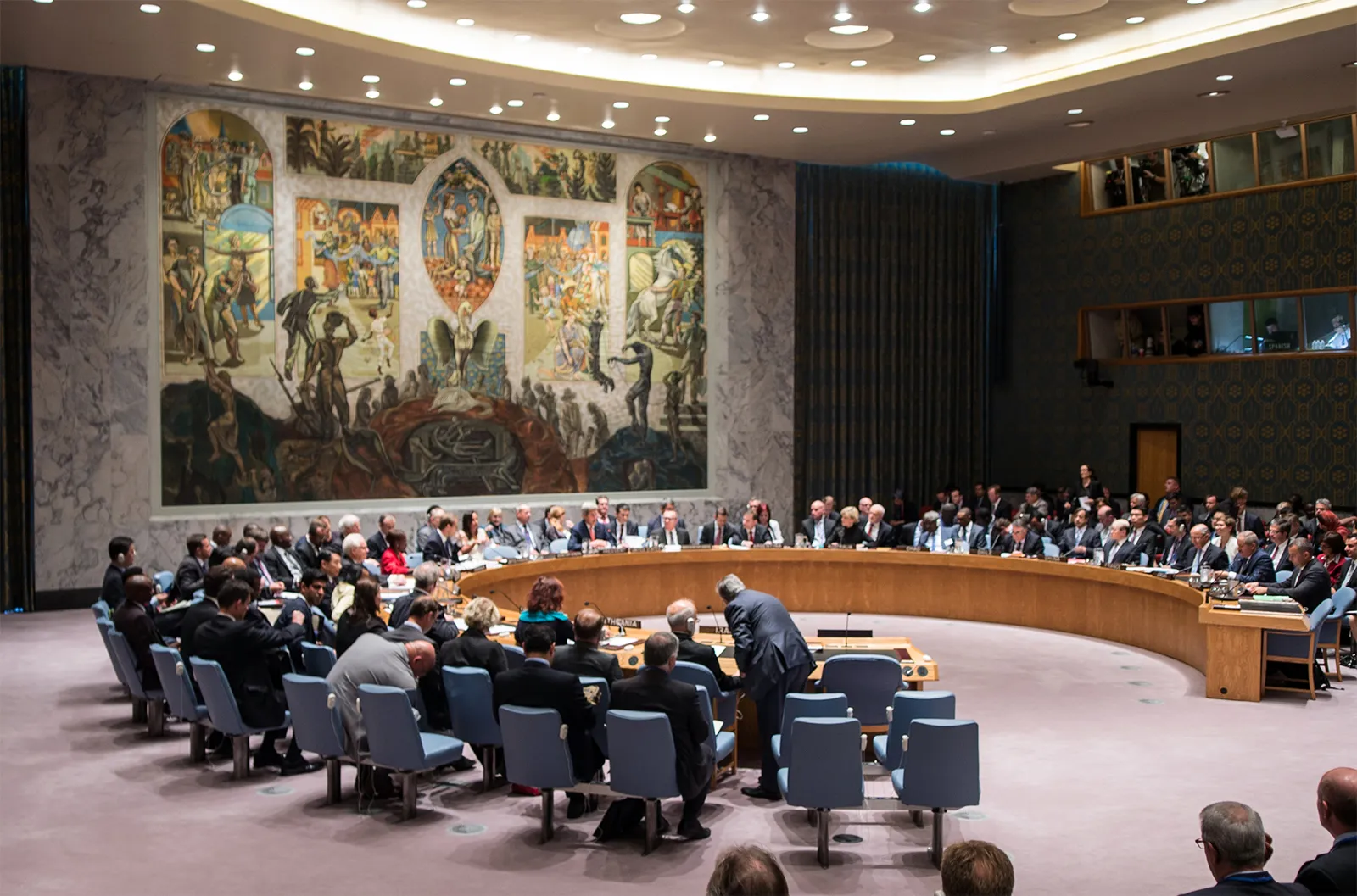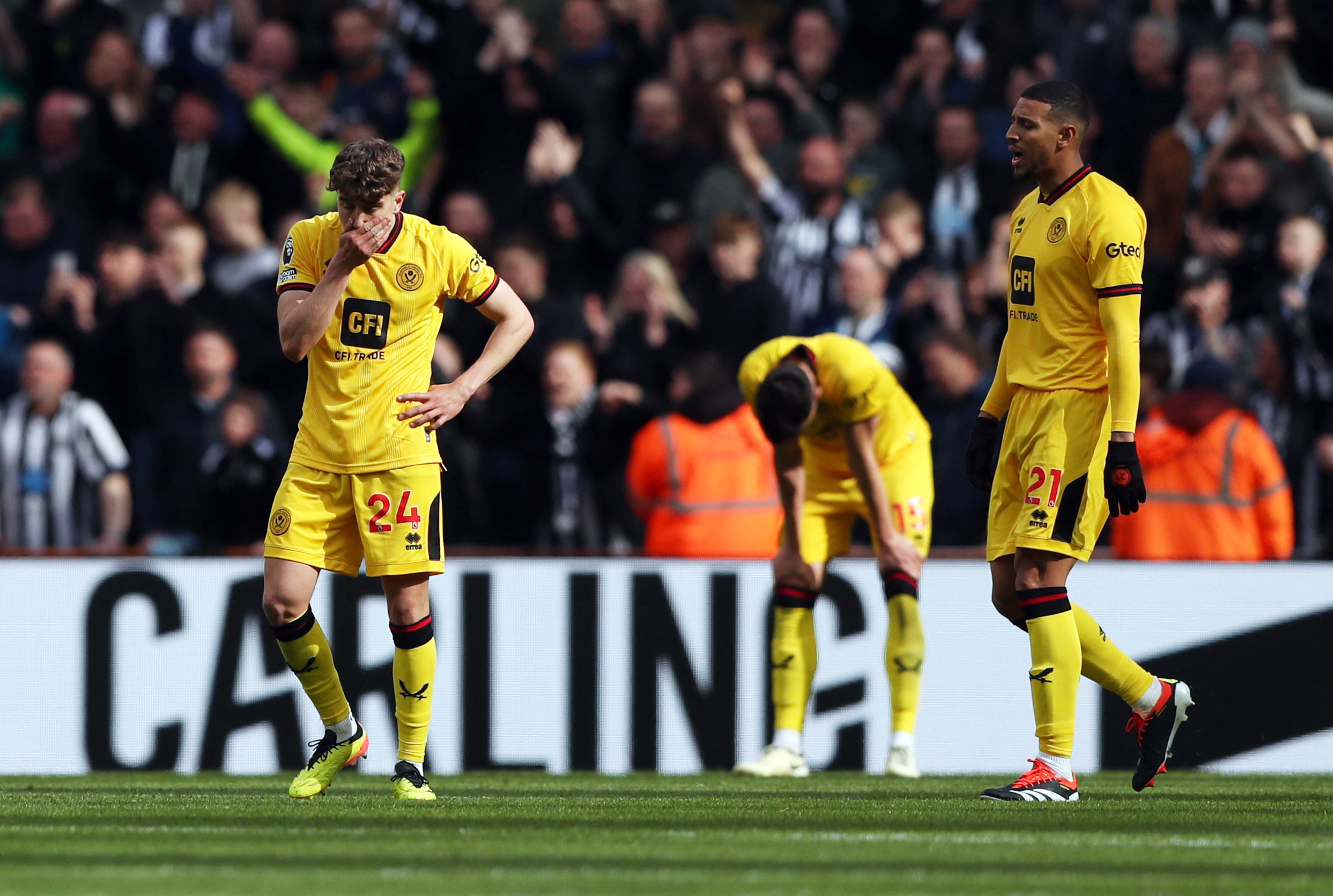Chaos is brewing in Zimbabwe as Officials and family members are arguing over the arrangements for the burial of Robert Mugabe, the former Zimbabwean president who died in Singapore last week aged 95.
High-ranking members of the ruling Zanu-PF party are understood to have told Mugabe’s close family that his remains should be interred at a hilltop monument outside Harare, the capital, following a ceremony at the nearby national stadium, where dozens of prominent African leaders would be present.
However, friends and allies of Mugabe’s second wife, Grace, have said that the late dictator made it clear he would prefer to be buried at his home town of Zvimba, about 60 miles from Harare, with only close relatives in attendance.
They said that Mugabe, who was ousted in a military takeover in November 2017, did not want his death exploited for political gain by his successors.
Mugabe’s remains have yet to be repatriated from Singapore, where he died in a private clinic. Many of his close family members are there, including his widow, along with a team of senior officials.
“Comrade Mugabe will be buried at the Heroes Acre,” deputy information minister Energy Mutodi said. “That is where he deserves to rest.”
Leo Mugabe, a nephew of Robert Mugabe and a family spokesman, told The Associated Press that the date of the funeral and other details, including when Mugabe’s body will arrive in Zimbabwe, weren’t yet available.
“Arrangements are not in place yet,” he said in a text message.
Located on a hilltop, and built with the help of North Korean architects, the plot has a commanding view of Harare, features a huge bronze statue of three guerrilla fighters and boasts black marble and granite flourishes.
Mugabe is viewed by many as a national hero despite decades of rule that left the country struggling. He was an ex-guerrilla chief who took power in 1980 when Zimbabwe shook off white minority rule and presided for decades while economic turmoil and human rights violations eroded its early promise.
Mugabe had been forced to relinquish power by a previously loyal military in November 2017.
Flags flew at half-staff Saturday, but there were no public activities to mark the death of a man who singularly shaped the once-prosperous country in his own image and created a repressive system that some say remains even today.
Reaction to his death was mixed, although praise ironically came mostly from ruling party officials and military leaders.
The state-run Herald newspaper, which vilified Mugabe when he was forced to resign and when he subsequently voiced support for the opposition, carried glowing tributes.
In a “commemorative edition,” the newspaper, which often acts as a mouthpiece of the government, carried a montage of his pictures with the headline: “Robert Mugabe-1924-2019″ on its front page and glowing reports throughout.
In an editorial page, the newspaper praised Mugabe for “his uncompromising stance when it came to the rights of Africans.”
“Whatever happened towards the end of his leadership should not be used to rubbish the good things that he did during his life,” the commander of the Zimbabwe Defense Forces and one of the commanders who led the military campaign to oust Mugabe after years of propping his rule, was quoted as saying in a separate story in the newspaper.
Others were less charitable. “95 and out,” read the privately-owned Newsday newspaper.
“Despite his intellectual prowess, Mugabe’s failure to let go of power when it was time was his major undoing. In short, he was a liberator who turned villain. Leaders need to know when to draw the line,” said the newspaper in an editorial.
“End of an era as Mugabe dies, leaves Zim poor, divided,” read the front-page headline of another privately-owned newspaper, the Daily News.
“Notwithstanding the many mistakes that he made, many Zimbabweans will probably agree that had he not held on to power beyond the 1990s, he would today be largely remembered as one of Africa’s best leaders in history,” the paper said in an editorial.
Both newspapers were major targets of Mugabe’s vitriol, with editors and reporters routinely arrested during Mugabe’s rule.
On the streets of the capital, Harare, few seemed bothered as people struggled to cope with biting economic problems largely blamed by critics on Mugabe’s rule and perpetuated by his successor and an ally who later turned foe, President Emmerson Mnangagwa. Mnangagwa took power in 2017 with the help of the military.
“Who cares?” said Percy Maute, a street vendor pushing a cart full of tomatoes along a busy street named after the former president. “I don’t care. I am too busy looking for money to mourn a man who put me in this position.”
A small group of people drank beer and sang pro-Mugabe songs outside a liquor outlet and wore T-shirts with Mugabe’s face. Although only a few people cared to join or commiserate with them, they danced vigorously and spoke glowingly of a man they said fought for the liberation of not just Zimbabwe, but “the rest of Africa.”
“Bob was our hero, he taught us that the white man is not a master,” they sang. Mugabe was popularly known by the nickname Bob.
Source – Harare Live
In Other News – SA and Nigeria committed to close ties following xenophobic attacks
The presidency says the two countries will jointly develop responses to challenges affecting people and businesses in South Africa and Nigeria.
The President of Nigeria Muhammadu Buhari will undertake a state visit to South Africa in October to reinforce “the strong bonds” between the two countries and jointly develop responses to challenges affecting people and businesses in South Africa and Nigeria.
In the wake of public violence and xenophobic attacks in South Africa and developments in Nigeria around South African businesses based in the West African country, President Cyril Ramaphosa held discussions on Friday with Ambassador Ahmed Rufai Abubakar, special envoy of the president of Nigeria.
The visit to Pretoria by the special envoy followed a recent meeting between Ramaphosa and Buhari in Yokohama, Japan, on the sidelines of the summit of the Tokyo International Conference on African Development. read more

















